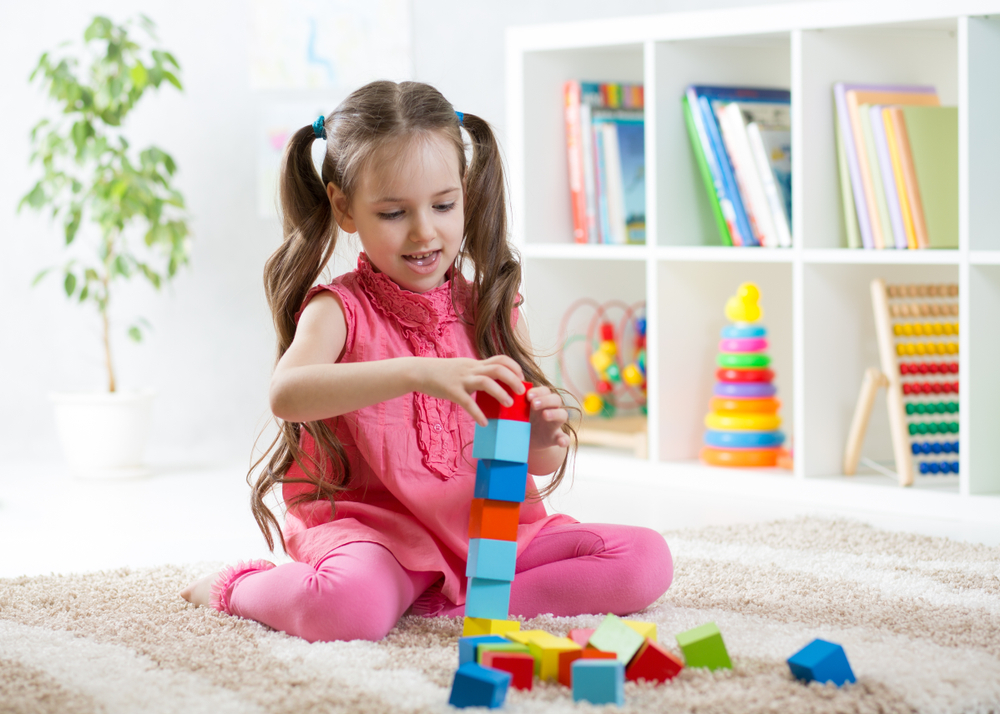Logical Reasoning Normal Math Worksheets for Ages 4-8
15 filtered results
-
From - To
Boost your child's critical thinking skills with our "Logical Reasoning Normal Math Worksheets for Ages 4-8" from Kids Academy! Designed to engage young minds, these worksheets focus on enhancing problem-solving abilities and logical thinking in a fun and interactive way. Each worksheet is tailored to develop key cognitive skills through puzzles, patterns, sequences, and problem-solving tasks that align with early math concepts. Perfect for home or classroom use, these resources will help your budding mathematician build a strong foundation in logical reasoning, setting them up for future academic success. Explore and download to nurture your child’s love for learning today!
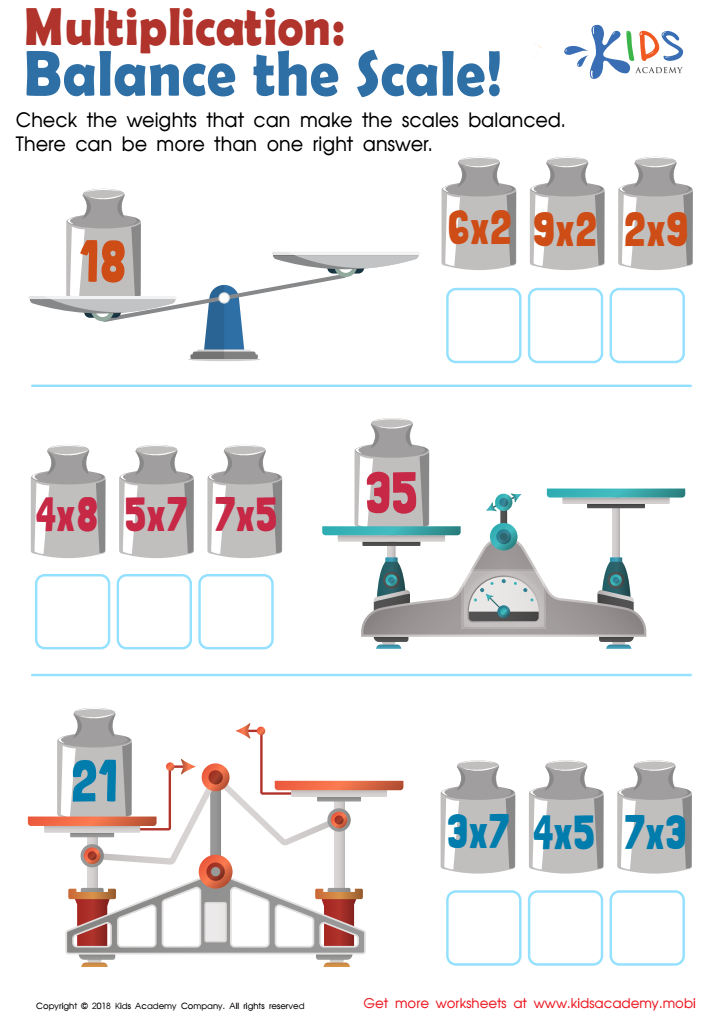

Balance the Scales Multiplication Worksheet
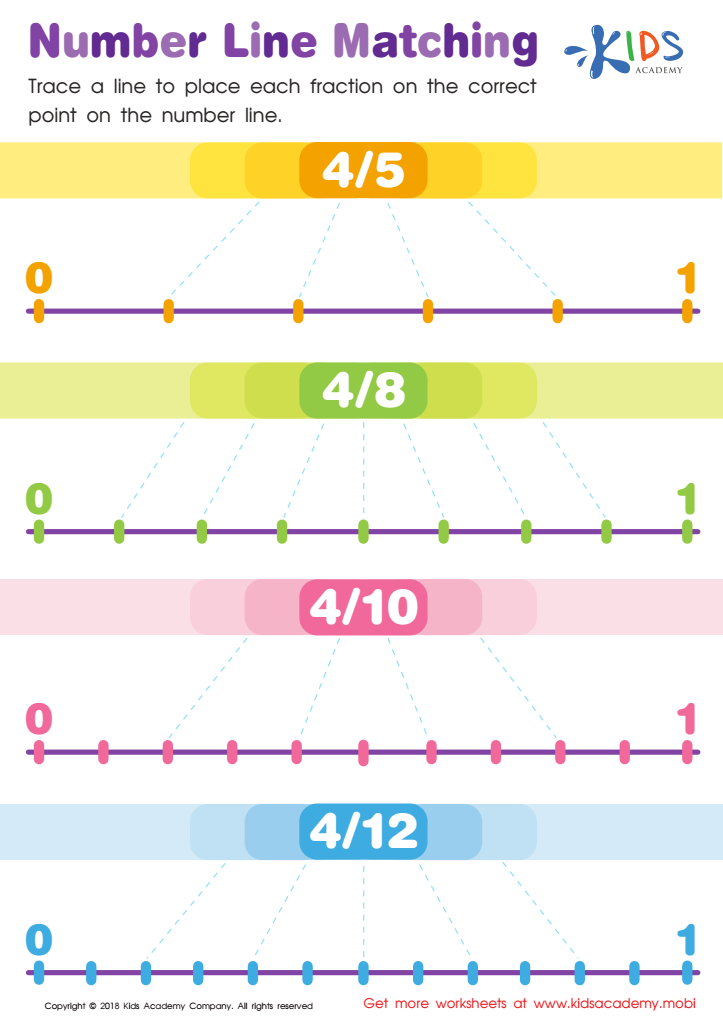

Number Line Matching Worksheet


Sorting Animals in 3 Groups Worksheet


Enrichment -2 Step Word Problems Worksheet
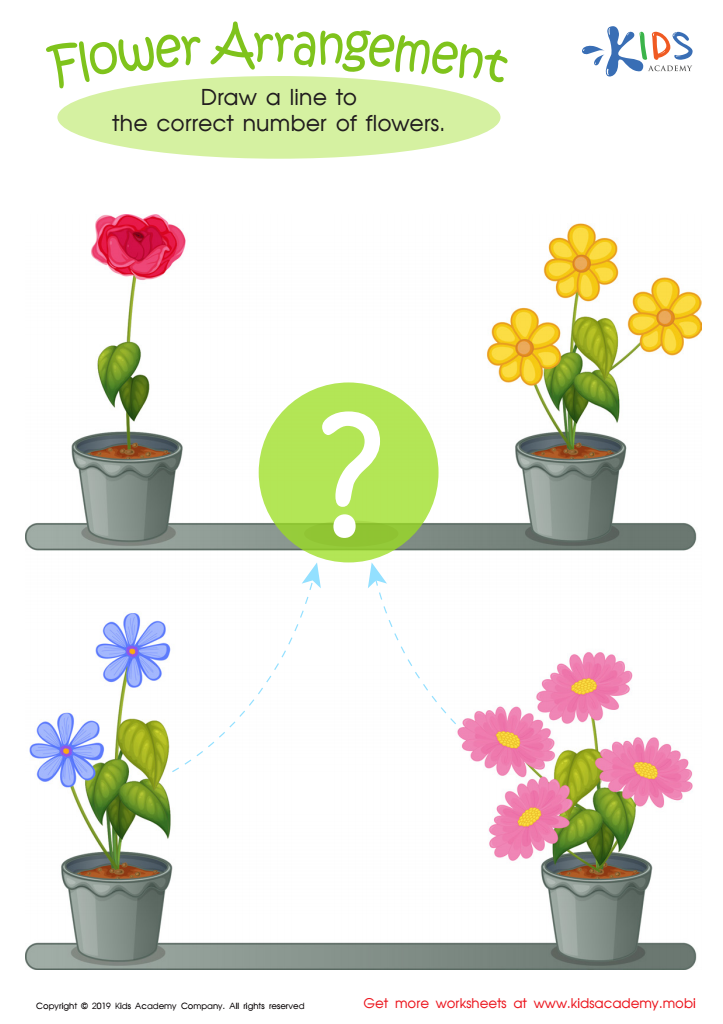

Flower Arrangement Worksheet
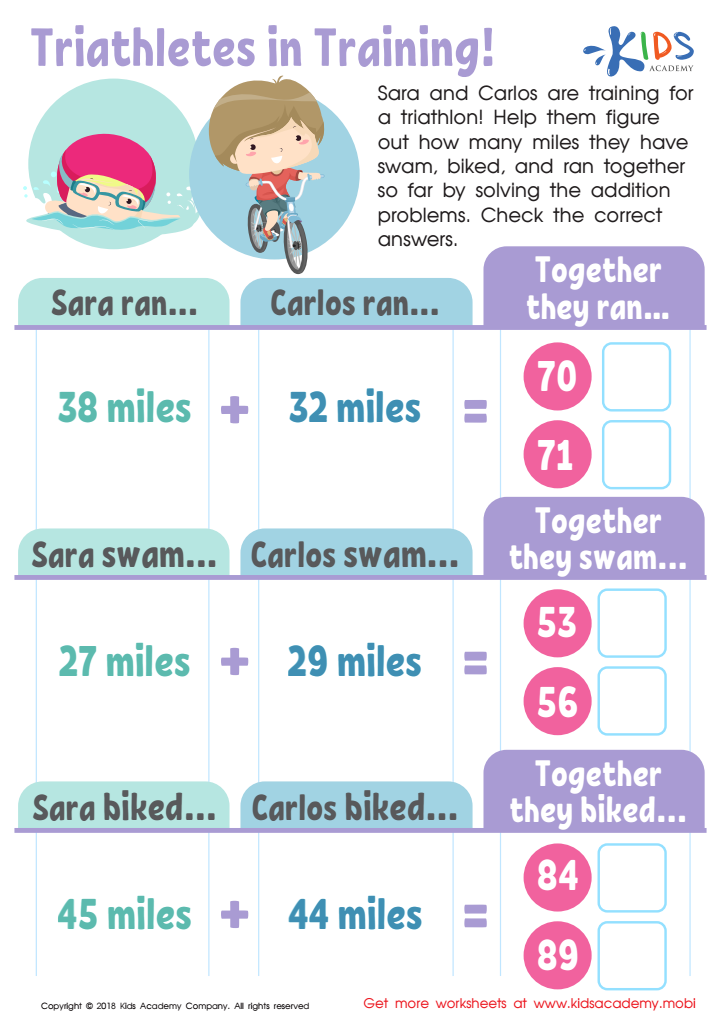

Triathletes in Training Worksheet
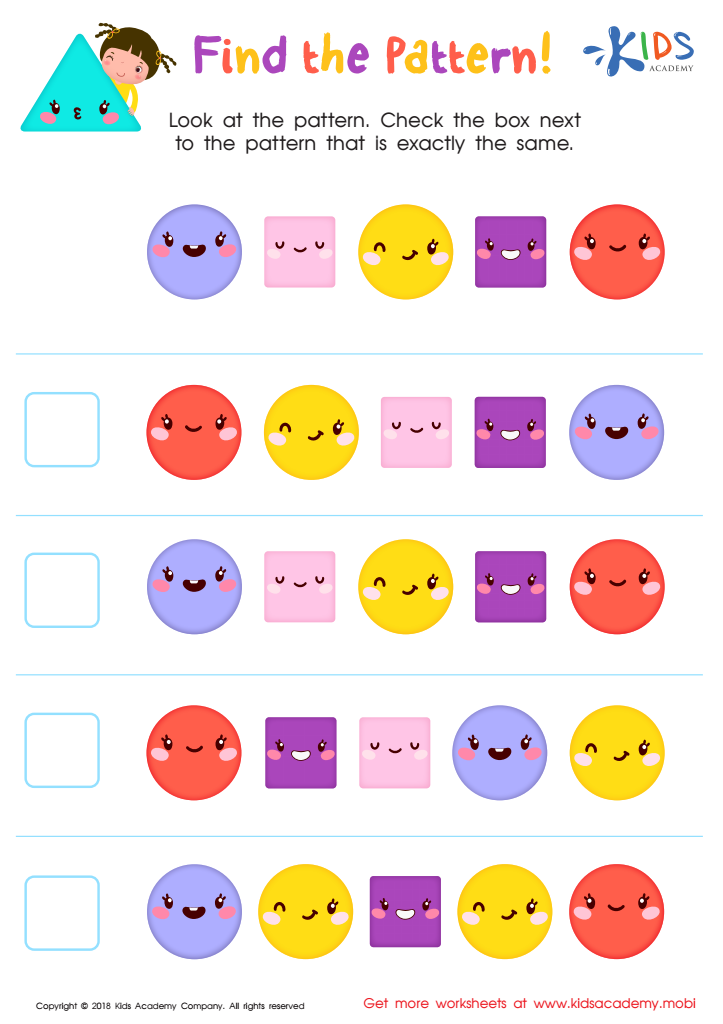

Find the Pattern Worksheet
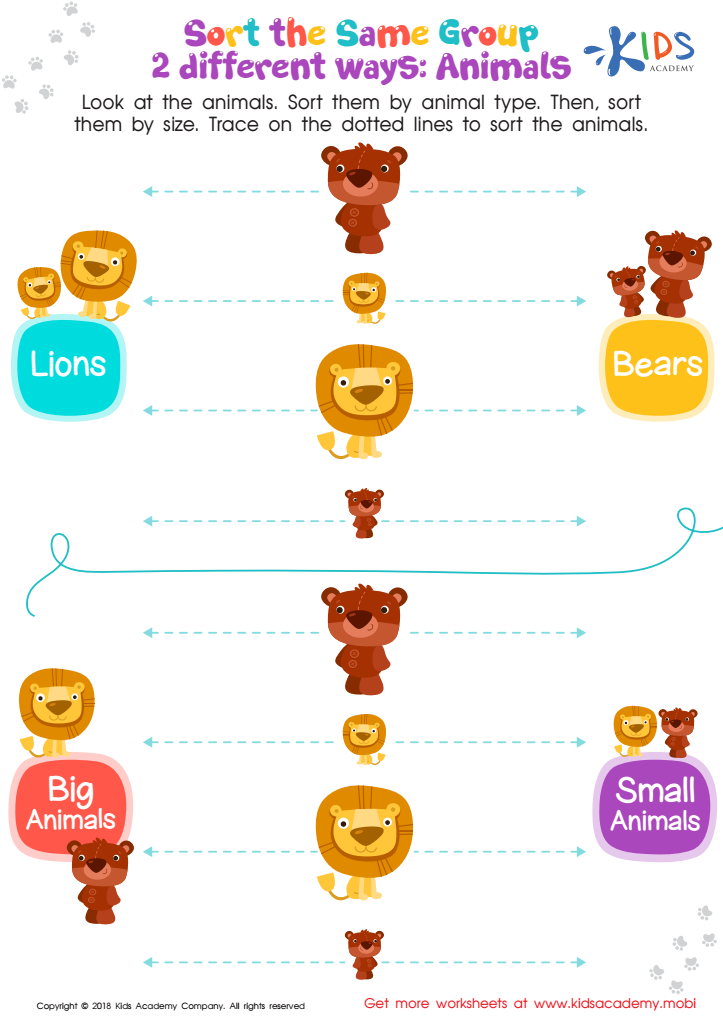

Sort the Same Group 2 Different Ways: Animals Worksheet
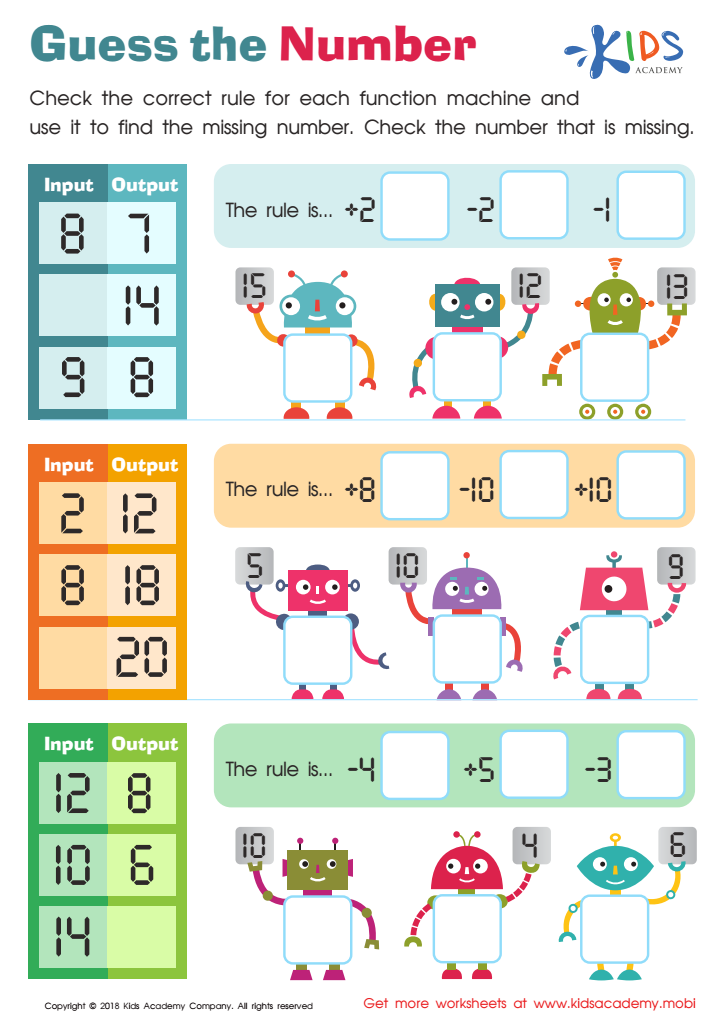

Guess the Number Worksheet


Solve the Problem: Trick–or–treating Worksheet


Word Problems: Assessment 2 Worksheet


Addition and Subtraction: Word Problems Worksheet
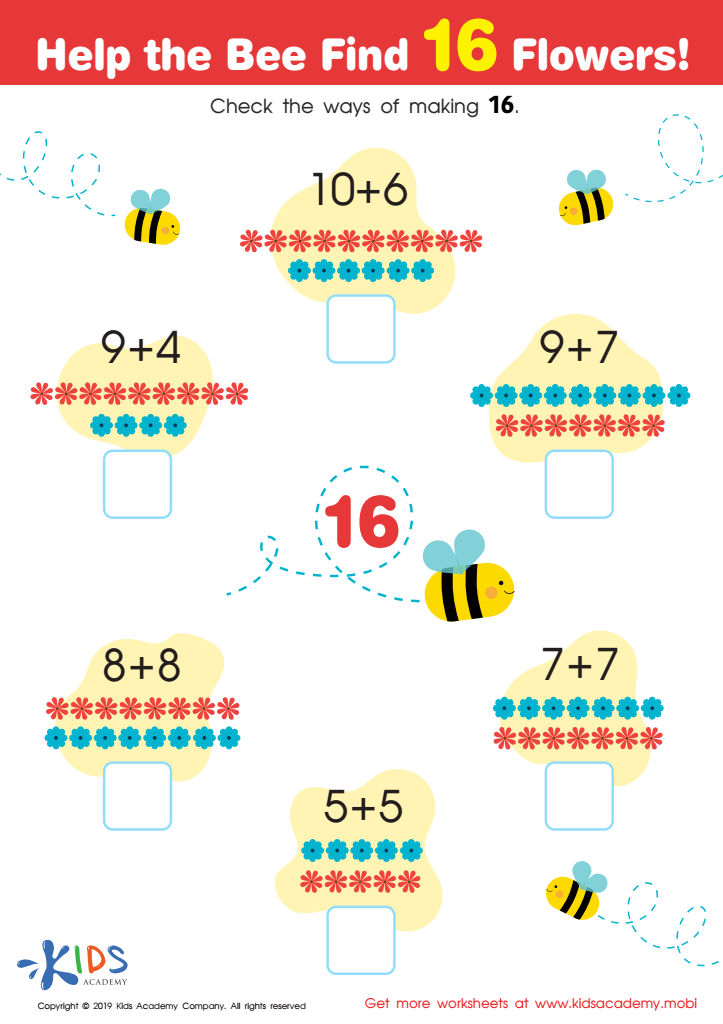

Help the Bee Find 16 Flowers Worksheet
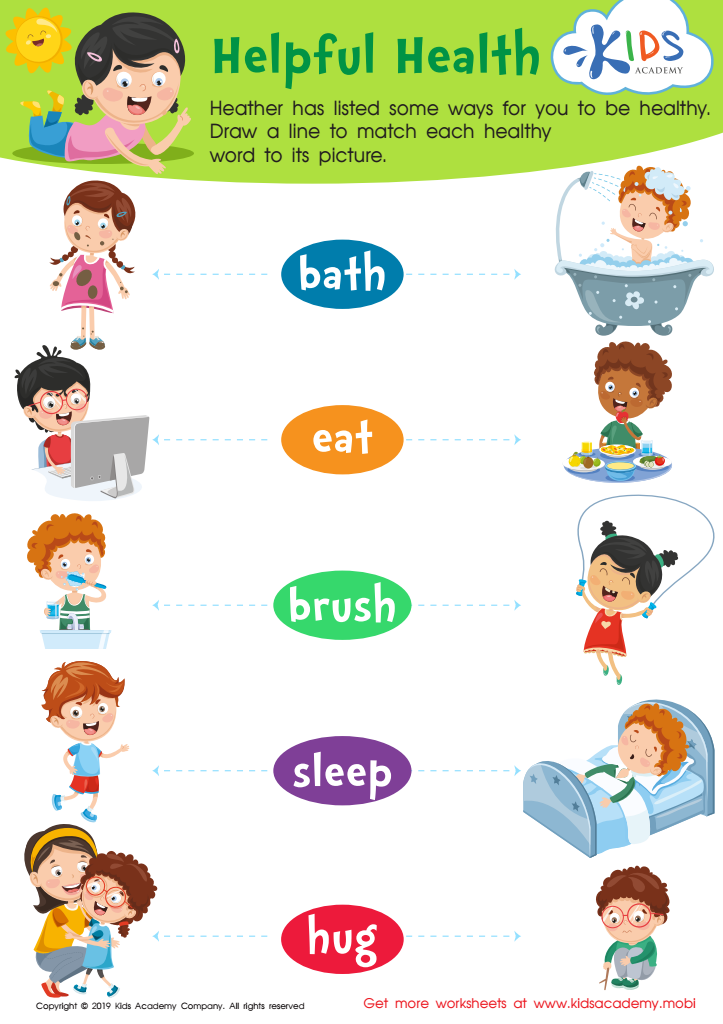

Helpful Health Worksheet
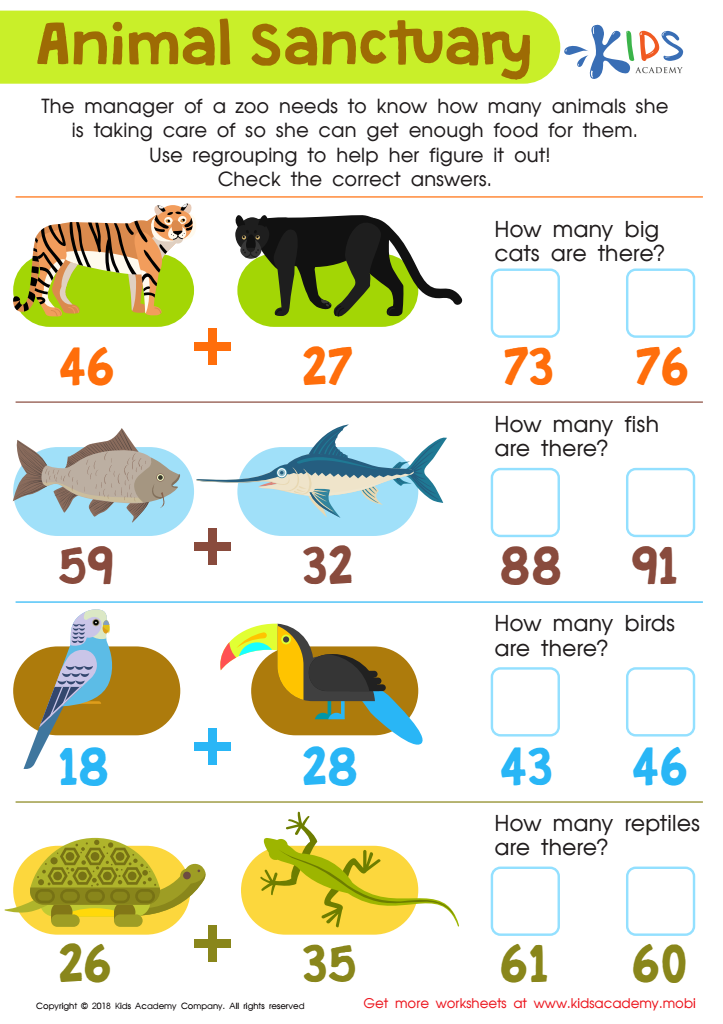

Animal Sanctuary Worksheet
Logical reasoning and basic math skills form the cornerstone for a child's cognitive development and problem-solving abilities. Parents and teachers should prioritize these areas for children aged 4-8 because they lay the foundation for future academic success and everyday decision-making.
Logical reasoning encourages children to think critically, make connections, and approach problems systematically. Even simple activities that involve grouping objects, recognizing patterns, or sequencing events foster analytical thinking, which is essential not only in math but across all subjects.
Early exposure to basic math concepts helps children understand the world quantitatively. Numbers, shapes, measurements, and even simple addition and subtraction help young minds grasp the principles of counting, the visual-spatial relationships between objects, and basic arithmetic operations. These fundamental skills will be the building blocks for more complex mathematical concepts they will encounter later.
Additionally, mastering these skills at a young age boosts children's confidence. They begin to view challenges as manageable and enjoyable, fostering a lifelong love for learning. When parents and teachers support children in developing logical reasoning and early math skills, they equip them with essential tools that serve not just academic purposes but practical, real-world problem-solving skills as well. Engaging activities, games, and puzzles can make the learning process enjoyable, sparking curiosity and a passion for knowledge.
 Assign to My Students
Assign to My Students









